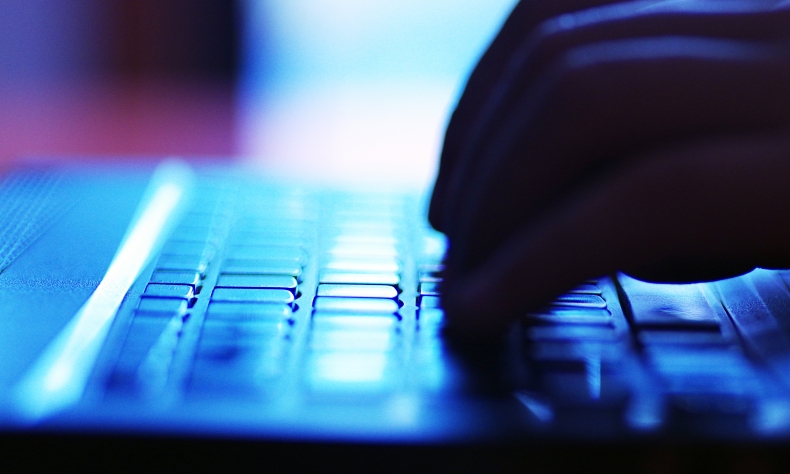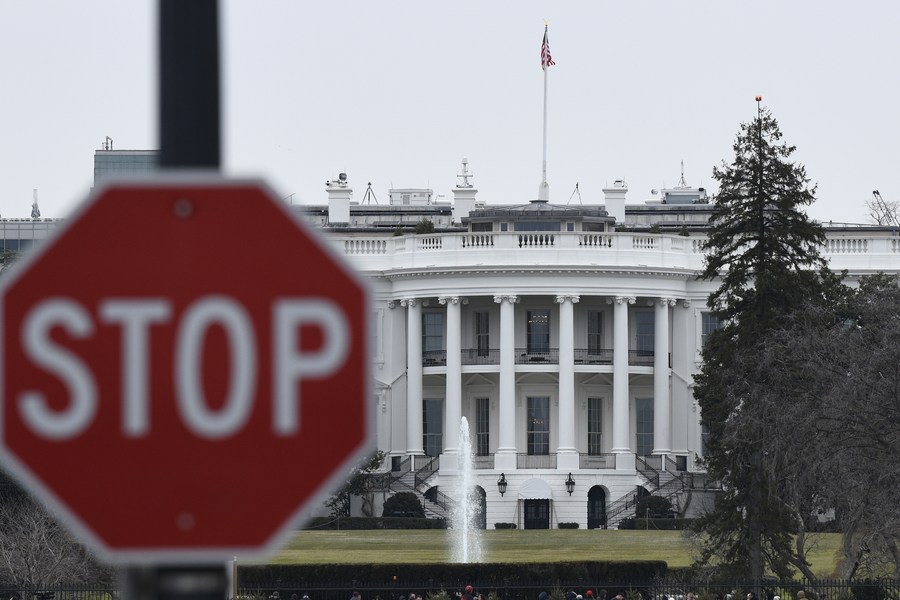Certifying Cybersecurity

The protection of cybersecurity demands global cooperation. The peaceful use of cyberspace is conducive to the common interests of the human world.
A Beijing-based cybersecurity lab, Qi An Pangu Lab, released a report on February 23, revealing that Equation Group, a hacking group under the Unites States National Security Agency (NSA), has been creating a top-tier backdoor hacking tool and conducting a decade-long cyberattack operation called Telescreen Operation (codenamed Bvp47) against 45 countries and regions, including China, Russia, Japan, the Republic of Korea, India, Britain, Germany, the Netherlands, Australia, Thailand, Egypt and Brazil. The operation targets communications, universities, research institutions and economic and military sectors. This is the first time a Chinese cybersecurity lab has publicly exposed the complete chain of technical evidence about attacks launched by the NSA.
At a time of rapid information technology development, the Internet has become an integral part of daily life. While the Internet is making things more convenient in many aspects, the question remains how we can make sure the quest for increased cybersecurity doesn’t become a splitting headache. The global cybersecurity market was valued at $136.7 billion in 2020, up 8.2 percent year on year, pointing to an urgent worldwide demand for related products, according to a white paper released by the China Academy of Information and Communications Technology in January.
Cybersecurity is a new challenge facing the world. In the digital era, national security, covering politics, territory, military, the economy, culture and so on, depends on a nonviolent cyberspace and sound infrastructure in all crucial areas based on the Internet, information and data. Without cybersecurity, all these will run the risk of getting hacked.
The American Government has long accused other countries of conducting cyberattacks, but the truth is the U.S. is the world’s biggest hacking empire.

The U.S. intelligence law allows the American Government to indiscriminately wiretap information and data from the rest of the world on a large scale, as was revealed by Edward Snowden and Wikileaks. What Qi An Pangu Lab has laid bare is that, apart from China and other developing countries, the U.S. even infiltrated allied targets, including the EU and members of the Five Eyes Alliance.
The U.S. today seeks to conduct multilateral cybersecurity cooperation in the name of helping other countries upgrade their capabilities. Its real intentions, though, remain shrouded in doubt.
At present, the so-called advanced persistent threat is on the rise, and China is one of its largest victims.
To infringe on the cybersecurity of other countries is essentially offending the national sovereignty of others, particularly when such attacks are organized by a country’s government departments.
Cyber sovereignty is the extension of a country’s national sovereignty in the digital realm. Internally, it means that a country can develop, manage and supervise Internet-related affairs free from external interferences; externally, it ensures that a country is able to participate in global cyber governance on equal footing with others, so that its domestic online domain can withstand attacks from the outside.
The protection of cybersecurity demands global cooperation. The peaceful use of cyberspace is conducive to the common interests of the human world. It’s unacceptable for certain countries to control others’ networks, snatch their data and even trample on their security for the sake of its own absolute security.
China has the largest number of netizens in the world; safeguarding the nation’s digital realm is not only crucial to itself, but also vital to global cybersecurity and world peace.
China hopes to push forward global cyber governance reform and improvement based on mutual respect and trust, deepen bilateral and multilateral dialogues in this regard, effectively control differences and actively engage itself with global and regional cybersecurity cooperation. The U.S., on its part, is expected to take its responsibility and join forces with other countries to safeguard the world’s digital peace.
 Facebook
Facebook
 Twitter
Twitter
 Linkedin
Linkedin
 Google +
Google +










